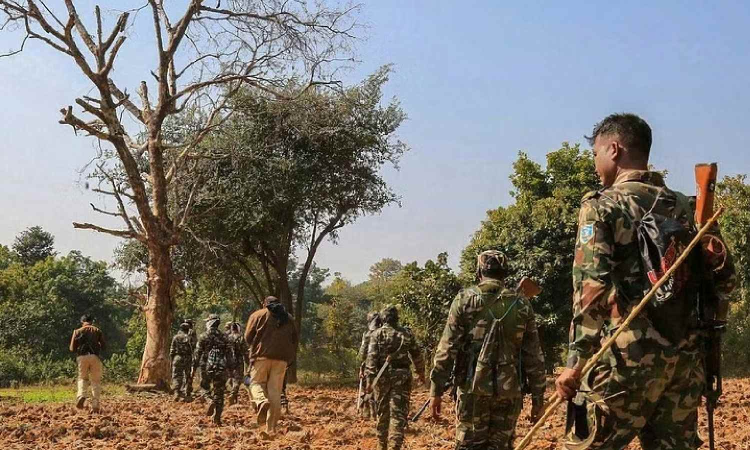
India and Pakistan reached a critical understanding on Saturday to halt all military actions against each other following four days of intense cross-border confrontation. The de-escalation came in the aftermath of India’s Operation Sindoor, launched in retaliation to the April 22 terror attack in Pahalgam that killed 26 civilians.
The announcement was made by Indian Foreign Secretary Vikram Misri, who stated that the Directors General of Military Operations (DGMOs) from both nations agreed to cease all land, air, and sea military actions starting 5:00 pm IST on Saturday. The directive was issued after Pakistan’s DGMO initiated a call to his Indian counterpart earlier in the afternoon.
Misri noted that both sides had issued instructions to enforce the understanding and that further talks between the DGMOs were scheduled for May 12. The development follows significant diplomatic intervention by the United States and other global powers to prevent a full-scale conflict between the nuclear-armed neighbors.
The United States played a key role in brokering the ceasefire. President Donald Trump confirmed the agreement in a social media post, commending both nations for their decision. Pakistan’s Deputy Prime Minister Ishaq Dar also acknowledged the ceasefire, emphasizing Islamabad’s commitment to peace while defending its sovereignty.
US Secretary of State Marco Rubio and Vice President JD Vance reportedly held conversations with senior Indian and Pakistani leaders, including Prime Ministers Narendra Modi and Shehbaz Sharif, External Affairs Minister S. Jaishankar, and national security officials from both sides.
However, Indian officials clarified that the understanding was reached bilaterally without any preconditions and was not tied to broader issues. They also denied any agreement for multilateral talks at a neutral venue as suggested by Secretary Rubio.
India reaffirmed its firm stance on counterterrorism, stating that the ceasefire does not dilute its resolve. A senior official highlighted that Operation Sindoor demonstrated India’s capacity to conduct precise strikes on terrorist and military targets deep within Pakistani territory.
The Indian government also confirmed that other punitive measures imposed on Pakistan—such as the suspension of the Indus Waters Treaty, closure of the Attari border crossing, and downgrading of diplomatic ties—will remain in force.
At a tri-services media briefing, Commodore Raghu R Nair of the Indian Navy, along with Col. Sofiya Qureshi of the Army and Wing Commander Vyomika Singh of the Air Force, underscored the Indian military’s readiness and emphasized that any further provocation would meet with decisive retaliation.
They revealed that the Indian Air Force struck eight strategic military sites in Pakistan, including locations in Rafiqui, Murid, Chaklala, Rahim Yar Khan, Sukkur, Chunian, Pasrur, and Sialkot, using air-launched precision weapons. These strikes targeted radar units, ammunition depots, and command centers.
The officials said Pakistan had suffered unsustainable losses, including significant damage to critical airbases and air defense systems, effectively crippling its operational capability. Indian installations were also attacked in retaliation, including air bases and civilian infrastructure in Punjab and Jammu and Kashmir.
Foreign Secretary Misri asserted that India responded in a “measured and responsible” manner to Pakistan’s provocations and dismissed Pakistani claims of significant damage to Indian assets.
This episode marks one of the most serious military escalations in recent years between India and Pakistan, underscoring the volatility of the regional security landscape and the necessity for continued vigilance and strategic clarity.
Sources By Agencies

